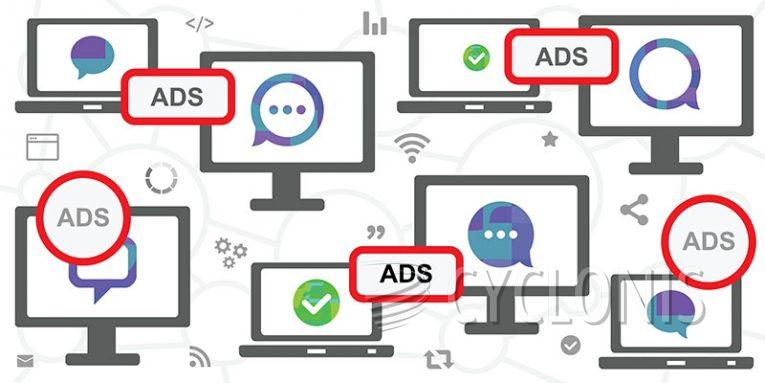Alebarda.co.in Misleads Users into Accepting Ads

Alebarda.co.in employs deceptive tactics to manipulate users into enabling push notifications, which it then uses to spam devices with disruptive advertisements. This website utilizes fabricated browser errors that coerce users into clicking "Allow Notifications" to purportedly resolve the issue. Once granted permission, Alebarda.co.in will fill your system with bothersome pop-up ads, even when your browser is not in use.
Alebarda.co.in is a misleading website that exploits push notifications to flood users with intrusive spam ads. It falls into the category of potentially unwanted programs (PUPs) and browser hijackers.
The website operates by tricking visitors into authorizing push notifications through the presentation of fake system alerts and warnings. For instance, it may display a counterfeit notification asserting that your browser is "out of date" and that enabling notifications is necessary for an update.
However, allowing notifications does not result in any browser update; instead, it grants Alebarda.co.in the authority to send spammy push notifications directly to your desktop or mobile device.
By using this method to deceive users into approving push notifications, Alebarda.co.in can completely circumvent browser pop-up blockers, delivering spam messages directly to devices throughout the system. These malicious pop-ups are intrusive and challenging to dismiss. Some even employ alarming language to entice users to click, potentially leading to the installation of malware.
How Can Misleading Websites Abuse Push Notifications?
Misleading websites can abuse push notifications as a tactic to engage in intrusive and deceptive practices that can be annoying and potentially harmful to users. Here's how misleading websites can misuse push notifications:
- Fake Alerts and Prompts: Misleading websites often employ fake alerts and prompts to trick users into allowing push notifications. These alerts may claim that notifications are necessary to access content, view videos, or solve a non-existent problem. Users may be enticed to click "Allow" to proceed.
- Deceptive Content: These websites may offer enticing or misleading content, such as fake download buttons, free offers, or clickbait headlines. To access the promised content, users are prompted to enable push notifications.
- Browser Out-of-Date Scams: Some misleading websites claim that the user's browser is out of date and that enabling notifications is necessary to update it. Users who fall for this scam inadvertently grant permission for push notifications.
- Subscription Models: Some misleading websites use deceptive tactics to make users believe they are subscribing to legitimate notifications or updates. In reality, they are subscribing to unwanted and spammy notifications.
- Clickjacking: Some websites employ clickjacking techniques, where the "Allow" button for notifications is hidden or disguised as something else on the page. Users click on a seemingly harmless element but unknowingly approve notifications.








